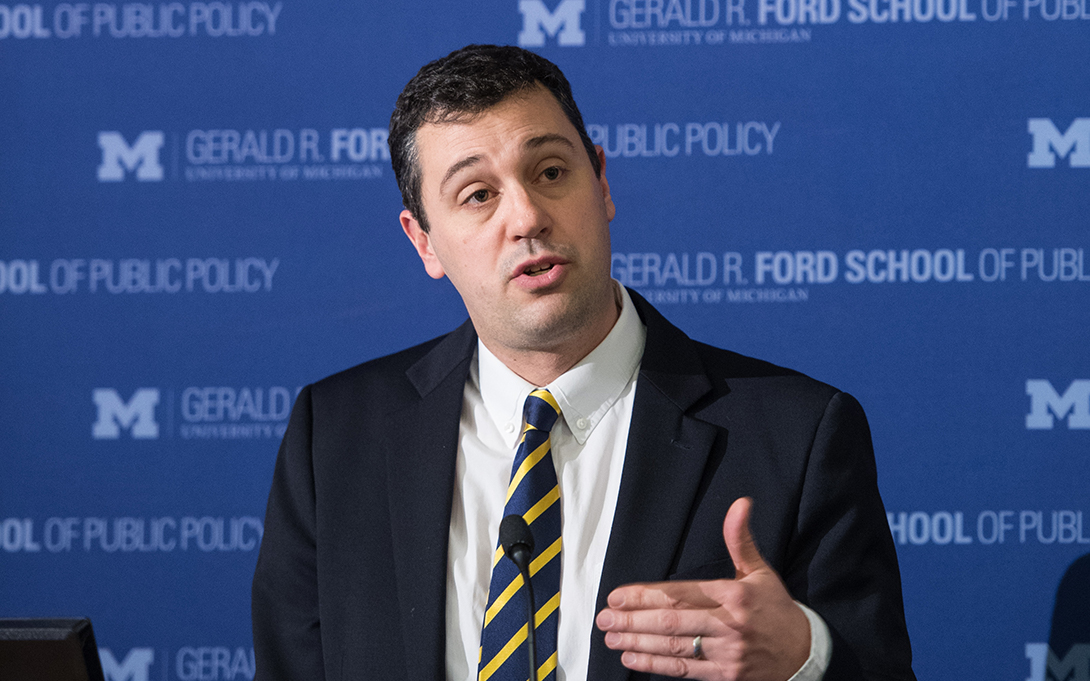
In fragile states, where human rights violations run amuck and conflicts create instability, domestic and international actors sometimes take the extraordinary step to share sovereignty to combine knowledge and resources to increase accountability and advance peacebuilding efforts. John Ciorciari’s new book, Sovereignty Sharing in Fragile States (Stanford University Press), examines why and how these actors choose to create shared governance agreements, and sheds light on the reasons for their success or failure.
Using more than 150 interviews and extensive field research, Ciorciari pays special attention to the different types of sovereignty sharing agreements, including hybrid criminal tribunals, joint policing arrangements, and anti-corruption initiatives, in Sierra Leone, Cambodia, Lebanon, Timor-Leste, Guatemala, and Liberia.
Stanford University Press (SUP) describes the book as the “first comparative assessment of these remarkable attempts to repair ruptures in the rule of law—the heart of a well-governed state.” According to SUP, Ciorciari argues that when sovereignty sharing is justified and when it achieves its aims are closely related: perceived legitimacy and continued political and popular support are keys to success.